Meet Mike Smith, Co-founder & Executive Growth and Innovation Director @ The Bay
How would you describe the startup culture in Nebraska?
I think that we have one of the most accepting, capable, possible, attainable communities around the country. If you have a really good idea, and you’re from here, and you want to try to start a business here, Nebraska will get behind you 100%—if you roll up your sleeves and get after it. Part of that is because it’s not as competitive here. There aren’t as many businesses. There aren’t as many people. So if you have a really good idea, it can happen in Nebraska. It’s totally possible here. I tell people that all the time.
Startups are hard work. They’re not nine to five. They’re nonstop. They’re relentless. They’re always changing. Nebraska founders are made for that. It has a lot to do with the small-town upbringing that many of us had. We’re used to having to do a lot of different things, and that’s what a startup feels like. So we don’t get buried in the mentality of: “Oh, this is not my job description. I don’t do this one thing.”
You get used to doing everything, and that’s startup culture. I think that’s what makes Midwestern folks get through the early phase of a lot of the bullsh*t. It doesn’t feel scary to wear all those different hats.
How do you balance taking risks and making calculated decisions in pursuit of innovation?
There’s the growth edge, the cutting edge, the bleeding edge and the cliff. There are layers to it. And growth and innovation, I think, are often between the cliff and the bleeding edge. That’s where a lot of really big change happens. When you see somebody do something that’s innovative, oftentimes it was something they saw somewhere else. They took it and brought it to a place where it didn’t exist.
Sometimes what we’re doing with The Bay—where you’re putting skateboarding and workforce development and a public high school all in the same place at the same time—there’s no real model that we’re looking at to say, “Oh, they did it, and they did it.” We’re very bleeding edge out in this new space. Our job is to not fall off the cliff and go so far that you can’t come back. But our job is to really pave the way and push the boundaries. I think that’s what innovation does.
I think part of how we balance it is constantly listening to our audience. The kids at The Bay pushed us in every major decision we’ve ever made. You’ve got to be courageous enough to change course, to listen, and courageous enough to kill a really good program. We did stuff that our staff thought was awesome, but it was adults throwing events for kids. When we started saying, “Hey, why don’t you kids throw the events for kids so you learn the event management side of stuff,” attendance went up. Vibes went up. Everything got better because the kids said, “Here’s what we want to do.” And we said, “Listen to them.” That’s when we really thrived.
How do you define success and what metrics do you pay the most attention to?
KPIs are hard in the nonprofit world. But we came up with our own system called SMIs, and those stand for “Significant Moments of Impact.” How do we track if a kid came in and went from having a bad day to a great day just because they got on their skateboard? How do we track some of these big moments? Like the first time a kid ollies down the stair set and the whole entire skate park goes wild because he worked on it for 45 minutes, fell a hundred times and then got it?
We have an internal system where our staff can track those moments. They can talk about it. They can talk about which core value it related back to. Which place it happened. And so we’re getting better at capturing the data.
I really go back to, “Okay, kids are building relationships here. Kids are building confidence here.” You can ask a kid if they’re getting to develop the skill that they want to turn into a passion—that they might be able to turn into a career.
The big three outcomes for us are when these kids are done with our program and:
- They’re excited to find a career and we help them in their educational journey
- They’re starting their own business and we help them in their entrepreneurial journey
- Or they’re getting a job somewhere because they got a certification at The Bay
So to us, it really is that these kids are getting where they’re trying to go, and The Bay was a huge part in that journey.
What are the top one or two challenges / opportunities Nebraska startups face?
I think that people are scared to jump here, and I think that’s because we haven’t seen a lot of it. We’ve got some really cool entrepreneurs, but I wouldn’t say that we have an environment where small-town kids are like, “I’m going to be an entrepreneur.” If you go to high school in LA, every kid wants to be an entrepreneur. And so we don’t have that ecosystem where young kids, early on, are thinking about starting a business.
I’ll go to big schools and speak, and kids are writing business plans in high school. We’re not doing that typically in our small-town Nebraska high schools, which is where a lot of us who stick around in Lincoln and Omaha went. Not to say that small town schools aren’t doing that in some places, but I don’t think the vast majority have kids writing business plans and launching businesses in their town. You see that more in other environments.
I would say that from an educational standpoint statewide, we’ve done a pretty terrible job of celebrating our own to inspire the next generation to believe it’s possible. You go to other startup ecosystems and other places, and they’re throwing gas on their entrepreneurs’ fires so hard because they understand what that can do for a state or community. I think the University of Nebraska Lincoln does a really good job in their business college of pulling in entrepreneurs and trying to get us very involved in it. I see that a lot. But that’s almost too late in the funnel because you’re hitting only a certain subset of kids that are going to the entrepreneurship college to get a degree. They already know that’s what they want to do.
I think it’s a different group of kids who need access to it, and they’re just not getting it. For some of the really, really progressive, cool startup businesses in Omaha—especially those with founders that are not just white dudes—telling their story in Chadron would be very, very inspiring. There’s some incredible growth in other communities, like food truck communities. If more of those stories were told so people had access to them, I think we would do a better job of inspiring more young entrepreneurs. I think it’s just a lack of awareness.
What is one emerging industry or technology that you believe will have a significant impact on the Nebraska startup ecosystem in the next few years?
AI is too easy to say because everyone’s gonna say that. I think that, historically, things like education and nonprofits and philanthropy, oftentimes are some of the last to be able to adopt some of these things. And I think the faster our institutions and nonprofits and our philanthropy world can adopt AI, the better it’s going to be for all of us. There’s so much procedural work wrapped up in some of the archaic institutions where AI can really help cut time.
And then, we’ve got to set that example for kids and show them how. I’m constantly teaching our Bay kids how to use ChatGPT or Midjourney to get where they want to go—constantly showing them that because it just helps them get ahead.
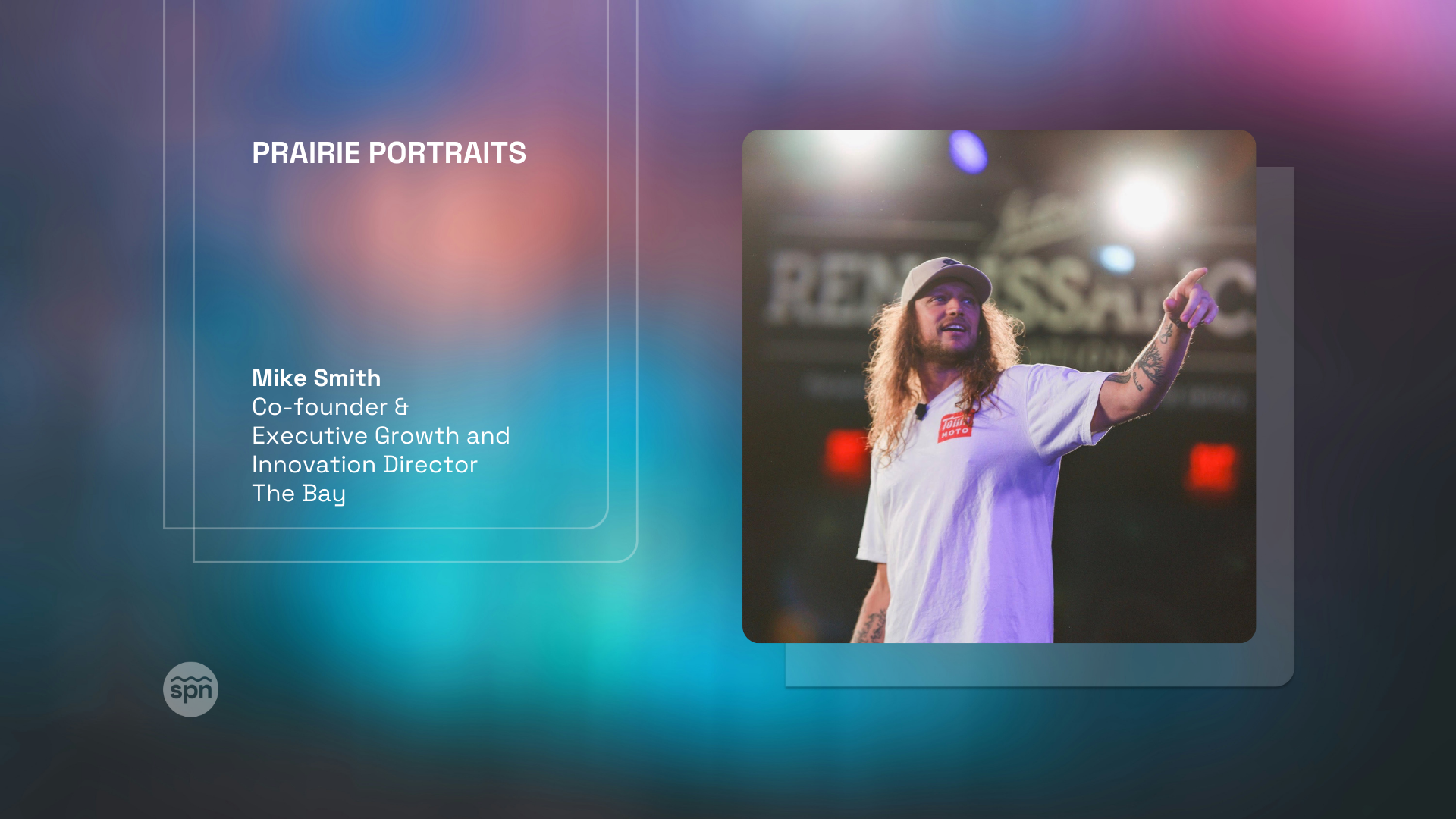
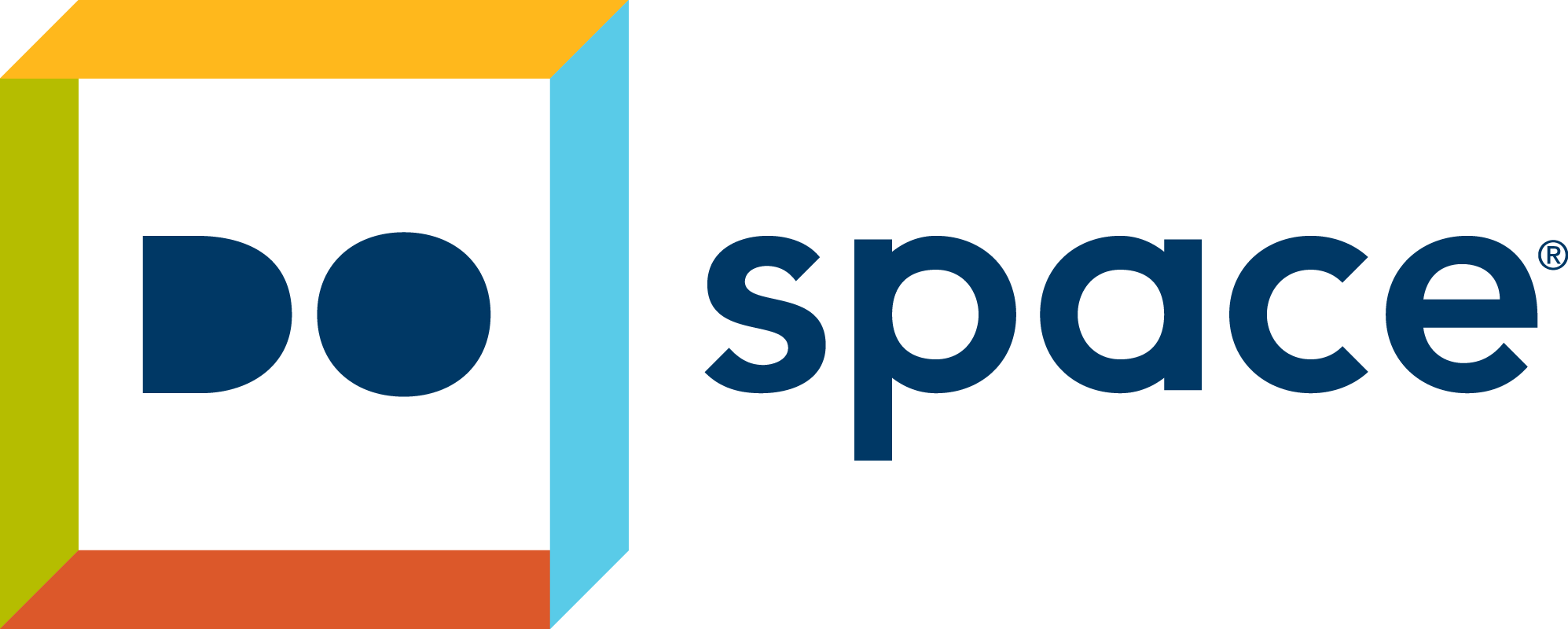
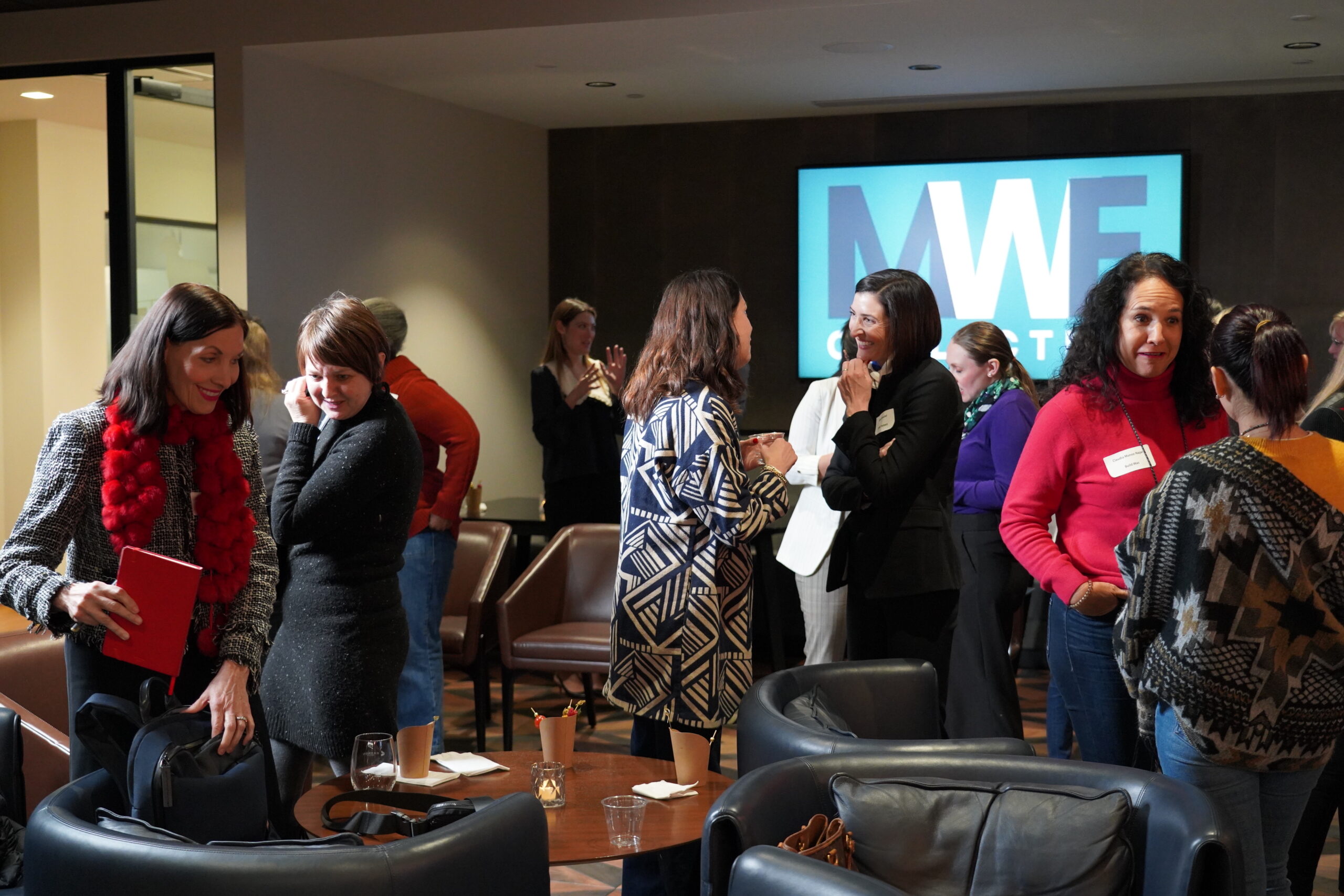
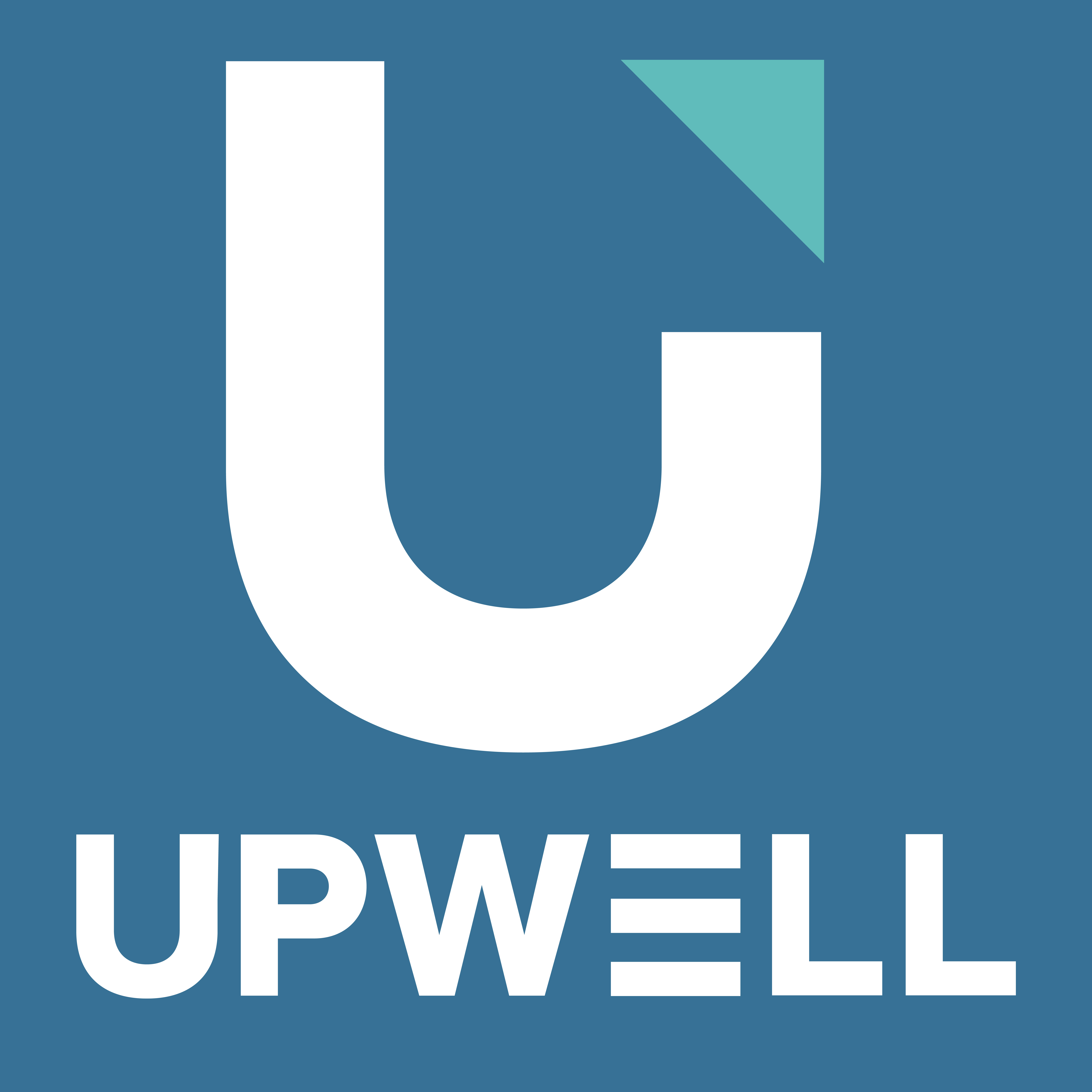
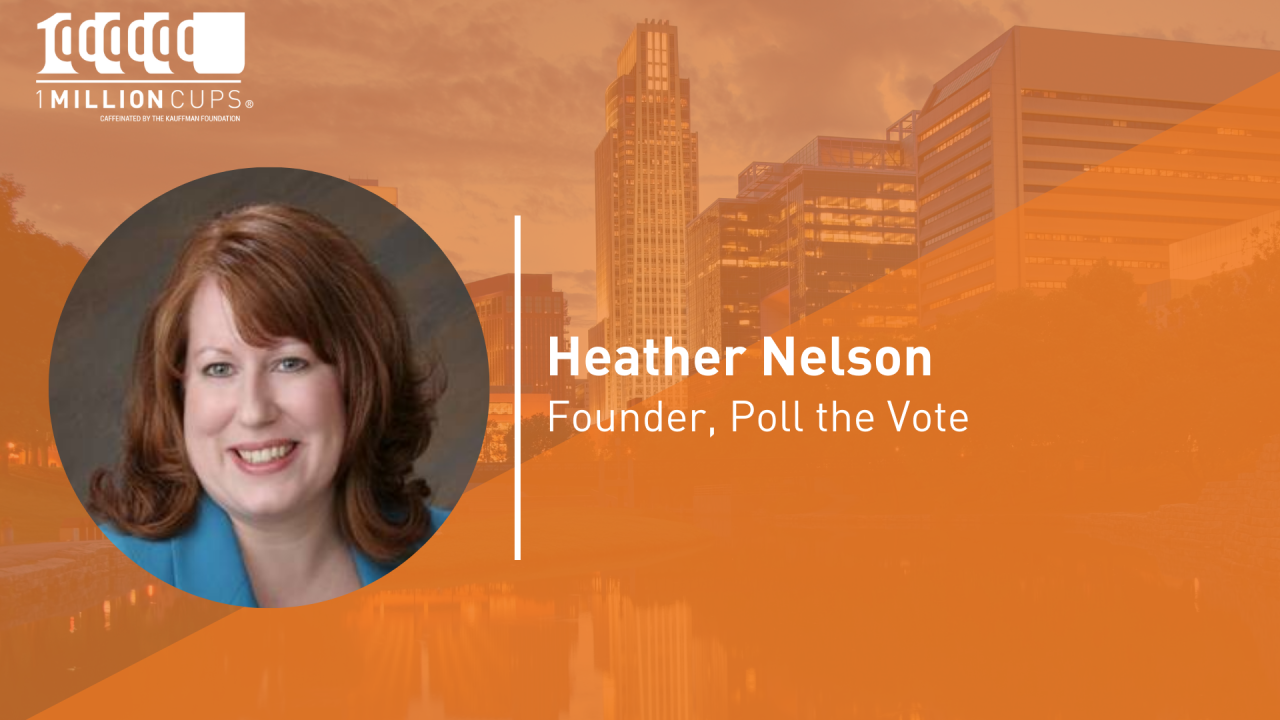
2 responses to “Prairie Portraits: Mike Smith”
A fabulous interview with so much content to process and apply. Mike Smith “gets it”, and if it’s up to him, others will find their own path and tell their own story.
Thanks for reading Bonnie!